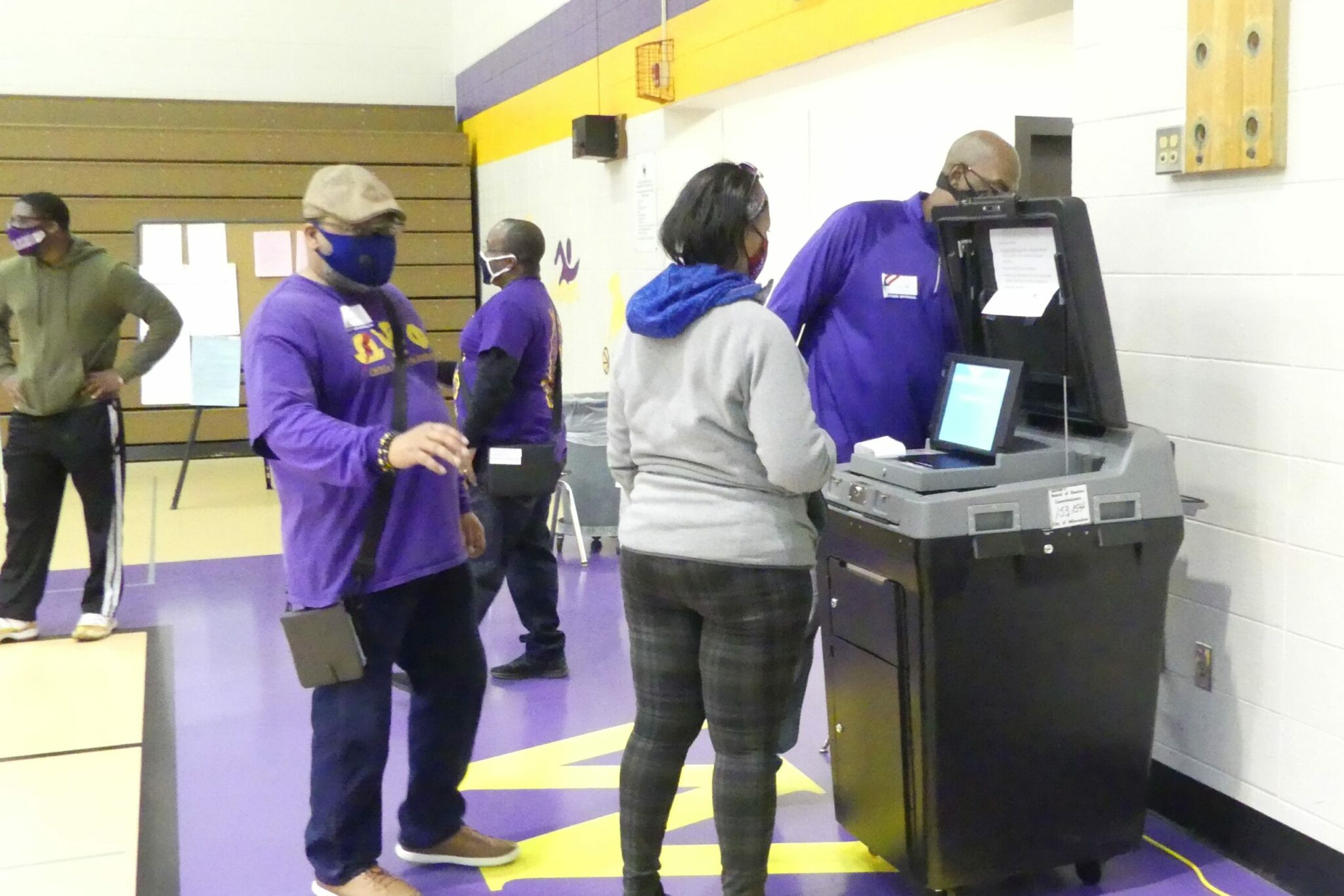The Assembly Campaigns and Elections Committee moved ahead with a bill to limit the cost to obtain copies of the statewide voter registration list despite concerns people could still use the list for commercial purposes.
Chair Scott Krug, R-Nekoosa, said he wants to make sure his committee doesn't hold up any election bills that may actually have a chance of getting signed into law and making impr...
Please log in to access subscriber content.
If you don't have a subscription, please contact schmies@wispolitics.com for subscription options on the WisPolitics-State Affairs platform, which is the new home for WisPolitics subscriber products.


